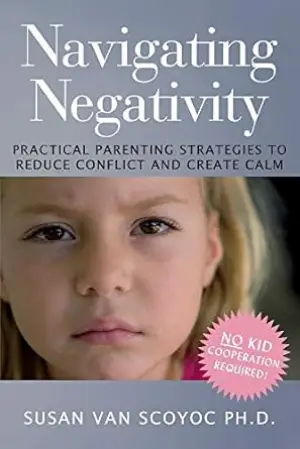Book Review: The Mindful Guide to Conflict Resolution by Rosalie Puiman
In a world overflowing with opinions and occasional chaos, finding a guide to navigate the turbulence of difficult conversations feels like discovering a breath of fresh air. That’s exactly what I felt when I first picked up The Mindful Guide to Conflict Resolution by Rosalie Puiman. The title alone suggests a reassuring path through stormy waters, beckoning readers like me who often grapple with the emotional complexities of disagreement.
The Heart of Conflict Resolution
Puiman offers a treasure trove of practical wisdom, breaking down the often-daunting task of conflict resolution into digestible, actionable steps. The core message—that mindfulness and empathy can transform our exchanges—is both profound and refreshingly accessible. In the early chapters, she invites us to examine our own emotions and states of mind before engaging with others, emphasizing that self-awareness is paramount. I found this particularly enlightening; after all, how can you hope to foster understanding if you’re not at peace with your own feelings?
Throughout the book, Puiman emphasizes several key themes, such as the layers of communication—content, procedure, interaction, and emotion. The way she deconstructs these elements made me reflect on countless conversations where I was too focused on the surface issue to grasp the emotional undercurrents beneath. One eye-opening quote that stayed with me is, “Listen with the intent to understand, not to respond.” This is a reminder that resonates deeply in our fast-paced world where quick replies often eclipse genuine comprehension.
A Warm and Engaging Style
Puiman’s writing style is engaging and warm. She balances solid research with a conversational tone that feels like an encouraging friend guiding you toward more fruitful interactions. The pacing is spot-on, making it easy to digest the strategies without feeling overwhelmed, and it’s peppered with relatable scenarios that illustrate her points. Whether she’s discussing household chores or weighty topics like intimacy, her examples are relevant, showcasing how these techniques apply across various relationships.
I also appreciated the way she frames disengagement as a valid option when discussions become heated. This acknowledgement is reassuring; it invites readers to prioritize safety and mental well-being, which is a perspective often overlooked in self-help books.
The Practical Takeaway
As someone who enjoys delving into personal development literature, I found The Mindful Guide to Conflict Resolution refreshingly practical. It’s clear that Puiman is not just theorizing; she’s equipping readers with tools to foster productive communication in both personal and professional contexts. Her emphasis on deeper listening and mindful practices could make this book an invaluable resource for anyone—from busy parents navigating family dynamics to professionals handling workplace disputes.
In conclusion, I would highly recommend this book to individuals eager to enhance their communication skills and embrace challenging conversations with grace and understanding. It is a significant addition to the self-help genre, encouraging us all to foster peace and empathy in our interactions. Reflecting on my own reading experience, I feel inspired not only to apply these techniques but to approach dialogues with a fresh, mindful perspective.
Rosalie Puiman has crafted a guide that I believe will resonate with anyone striving for deeper, more meaningful connections. If we all take a page from this book’s insights, perhaps we can transform our divisive moments into opportunities for growth and understanding. Happy reading!






